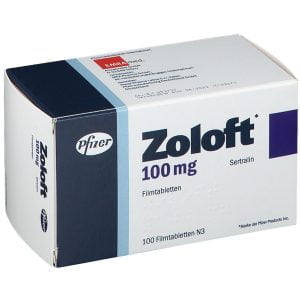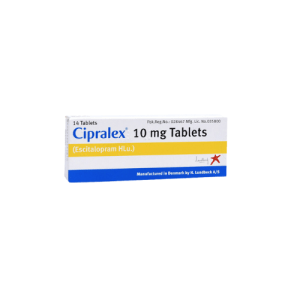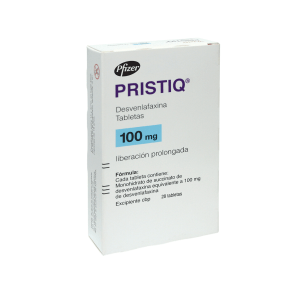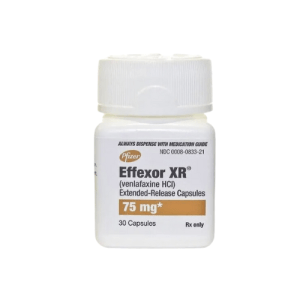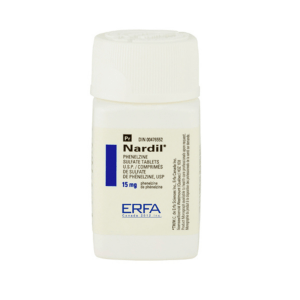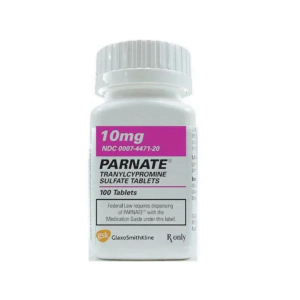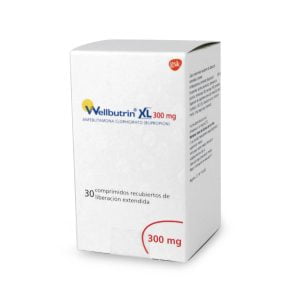Emma sat in her therapist’s office, feeling overwhelmed and defeated. Months of sessions had provided her with valuable insights and coping strategies, yet her depression lingered like a stubborn cloud. Her therapist suggested considering medication as an additional tool to manage her symptoms. Although hesitant at first, Emma realized that she needed to be open to new possibilities to take control of her mental health.
After consulting with her psychiatrist, Emma was introduced to antidepressant medications. She discovered that these medications could help normalize the chemical imbalances in her brain, alleviating some of her depressive symptoms. Driven by curiosity, she dug deeper into learning about the primary medications prescribed for depression, determined to make an informed decision about her treatment.
Depression is a mental health condition that affects millions globally. While therapy and lifestyle modifications play essential roles in managing depression, medication can also be a crucial component of treatment. Numerous medications are available, and understanding your options can empower you to make informed decisions regarding your mental well-being. In this article, we will explore the top five medications commonly prescribed for depression, their mechanisms of action, potential side effects, and their effectiveness in treating depression.
Selective Serotonin Reuptake Inhibitors (SSRIs):
SSRIs are among the most frequently prescribed medications for depression. They function by increasing serotonin levels in the brain, a neurotransmitter linked to mood regulation. Medications like Prozac (fluoxetine), Zoloft (sertraline), and Lexapro (escitalopram) are well-known SSRIs for their effectiveness in treating depression. Common side effects can include nausea, headaches, and sexual dysfunction.
-
 ZoloftPrice range: $135.99 through $257.99
ZoloftPrice range: $135.99 through $257.99 -
 Cipralex (Lexapro)Price range: $82.99 through $87.99
Cipralex (Lexapro)Price range: $82.99 through $87.99
Serotonin-Norepinephrine Reuptake Inhibitors (SNRIs):
SNRIs are another class of antidepressants commonly prescribed for depression. They work by increasing levels of both serotonin and norepinephrine, another neurotransmitter involved in mood regulation. Medications such as Effexor (venlafaxine), Cymbalta (duloxetine), and Pristiq (desvenlafaxine) belong to this category. Side effects may include sleep disturbances, dizziness, and dry mouth.
-
 Pristiq$143.99
Pristiq$143.99 -
 Effexor XRPrice range: $150.99 through $246.99
Effexor XRPrice range: $150.99 through $246.99
Tricyclic Antidepressants (TCAs):
TCAs were among the first medications used to treat depression. Although they are not as commonly prescribed today due to their side effect profiles, they can still be effective for some individuals. TCAs, such as amitriptyline, imipramine, and nortriptyline, work by increasing levels of serotonin and norepinephrine in the brain. Side effects can include dry mouth, blurred vision, and constipation.
Monoamine Oxidase Inhibitors (MAOIs):
MAOIs are an older class of antidepressants used when other medications have not been effective. They work by inhibiting the action of monoamine oxidase enzymes, which break down neurotransmitters like serotonin, norepinephrine, and dopamine. Examples of MAOIs include Nardil (phenelzine) and Parnate (tranylcypromine). MAOIs have several dietary restrictions and can interact with other medications, requiring close monitoring.
Atypical Antidepressants:
Atypical antidepressants are a diverse group of medications that don’t fit into the other categories. They target various neurotransmitters and have different mechanisms of action. Medications such as Wellbutrin (bupropion), Remeron (mirtazapine), and Trazodone are classified as atypical antidepressants. Side effects can vary but commonly include drowsiness, weight gain, and dry mouth.
-
 Wellbutrin XLPrice range: $77.99 through $150.99
Wellbutrin XLPrice range: $77.99 through $150.99
Conclusion:
When it comes to treating depression, medication can be a vital tool alongside therapy and lifestyle modifications. The five categories of medications discussed—SSRIs, SNRIs, TCAs, MAOIs, and atypical antidepressants—offer different options with varying efficacy and side effect profiles. It’s crucial to work closely with a healthcare provider to find the right medication and dosage tailored to your specific needs. Remember, finding the most effective treatment for depression may involve some trial and error, and adjustments may be necessary to optimize your mental health.
Disclaimer: This article is for informational purposes only and should not substitute for professional medical advice. Always consult with a healthcare provider for personalized guidance and treatment recommendations.

